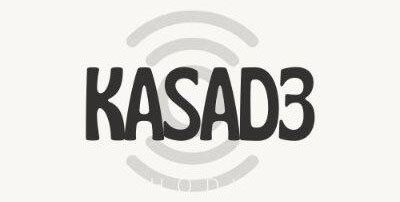The Unpredictable Arts of Business: A Ghanaian-American’s Struggle for Integrity in Ghana
Business Challenges in Ghana: A Tale of Quality vs. Corruption
A Ghanaian-American entrepreneur is fighting an uphill battle after investing his life savings into a block factory in Ghana.
His story highlights the profound business challenges in Ghana that can stifle growth and discourage diaspora investment.
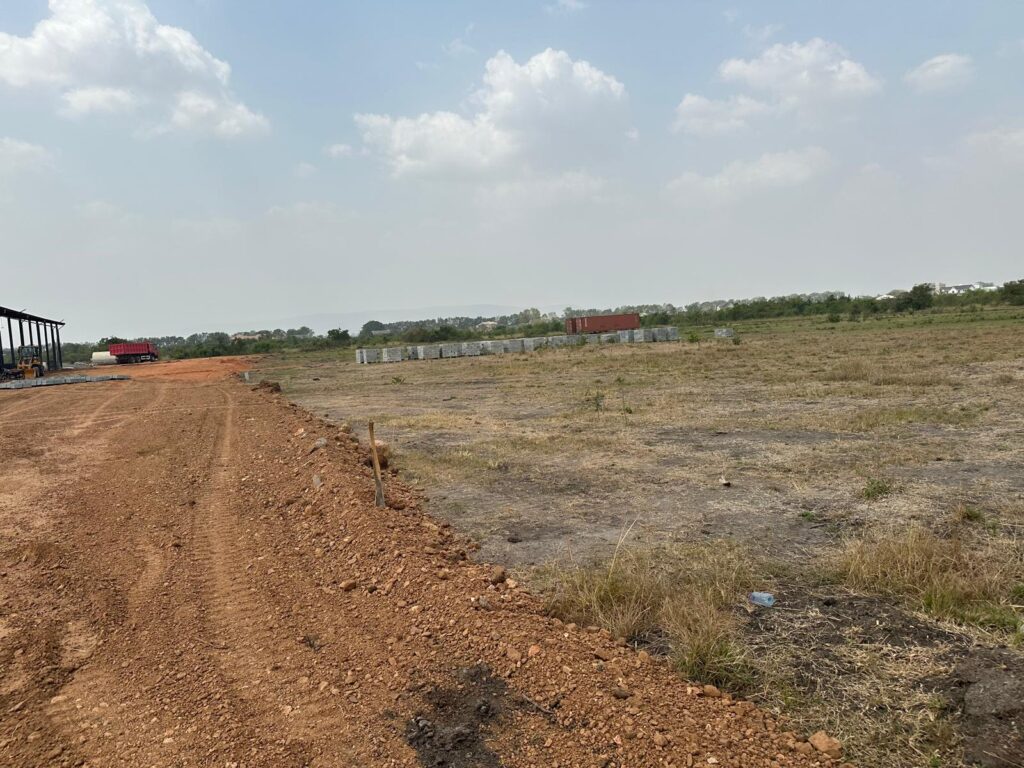
He recently lamented on the immense difficulties he faces, drawing a stark contrast with his experiences in developed nations.
A Clash of Systems: Predictable Science vs. Unpredictable Reality
The entrepreneur provides a powerful analogy to explain his frustration. He states that in America and Europe, “life is like science,” where systematic inputs reliably yield predictable results.
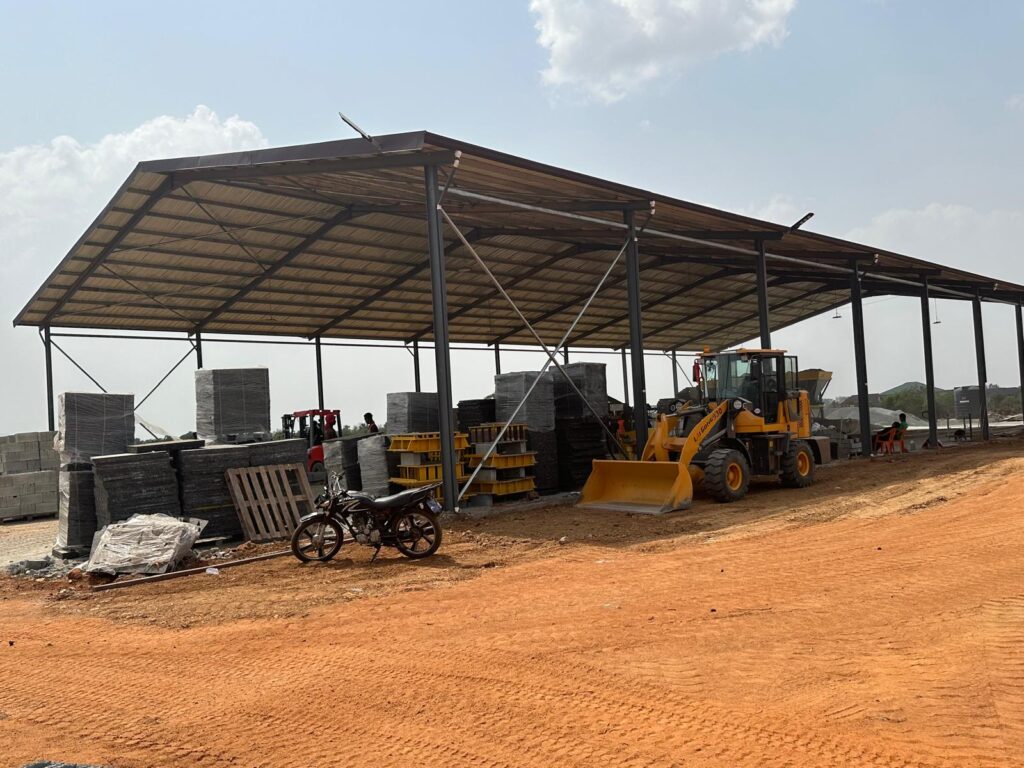
If you follow the rules, and work hard, you can accurately forecast your success. However, he finds that one of the most disheartening business challenges in Ghana is that this formula breaks down.
“In Ghana,” he says, “inputs may not necessarily give you the results you require.” This unpredictability, rooted in systemic issues, defines the core of his struggle.
“You can work so hard in Ghana but may not get the results”
The Core Problem: A System Lacking Integrity
This systemic unpredictability manifests as a widespread lack of integrity, creating significant business challenges in Ghana for transparent operators.
He faces constant pressure from clients, foremen, and suppliers who prioritize kickbacks over honest dealings.

Buyers frequently request a “dash” or an under-the-table payment before placing an order, distorting the true cost of doing business and making a mockery of predictable budgeting.
“In Ghana, life is like Arts, not Science”
The Quality vs. Price Dilemma
Committed to international standards, the business owner asserts that he uses high-quality materials to produce superior, solid blocks.
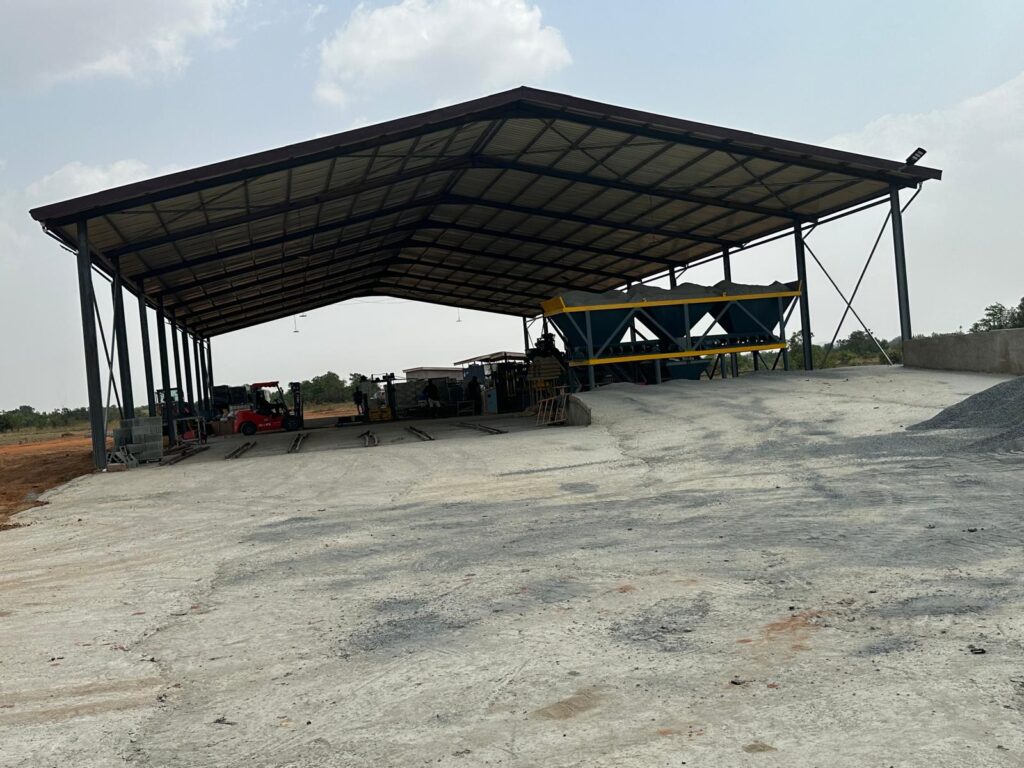
Hence, he sells each block for 8 cedis, a price that reflects this quality and allows for a sustainable profit. His local competitors, however, often cut corners and sell a less durable block for 7 cedis.

While clients openly acknowledge the superior quality of his product, many choose to sacrifice it to save one cedi per block. This price sensitivity presents one of the most frustrating business challenges in Ghana for quality-focused manufacturers.
How Dishonesty Steals Profits and Stifles Growth
The situation escalates from a simple price war to outright fraud, further illustrating the unpredictable environment.
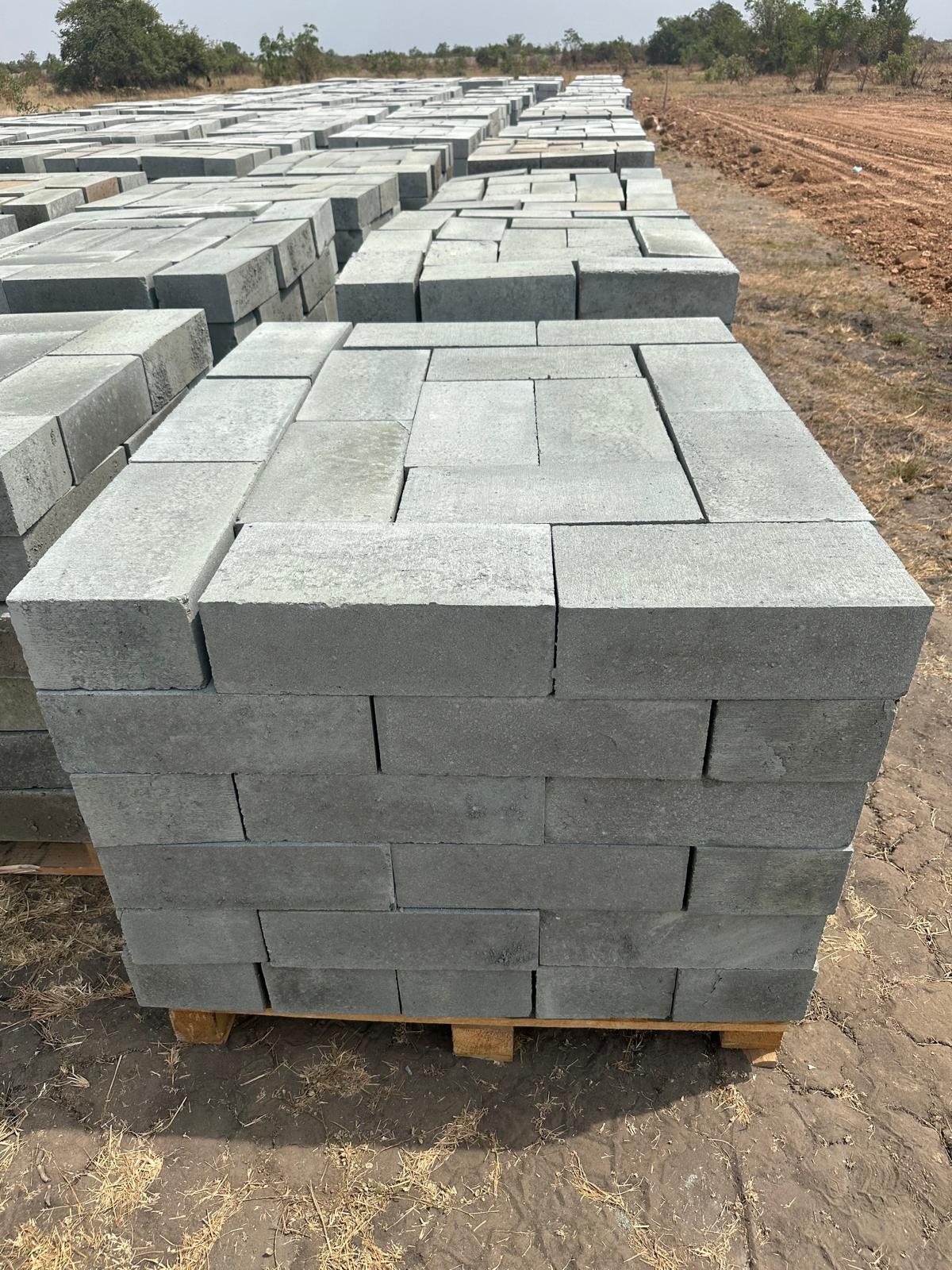
The entrepreneur reports that foremen and contractors, who act on behalf of property owners, often exploit the system for personal gain. For a large order of 20,000 blocks, choosing the cheaper, inferior product saves the buyer 20,000 cedis, with the foreman pocketing that amount.
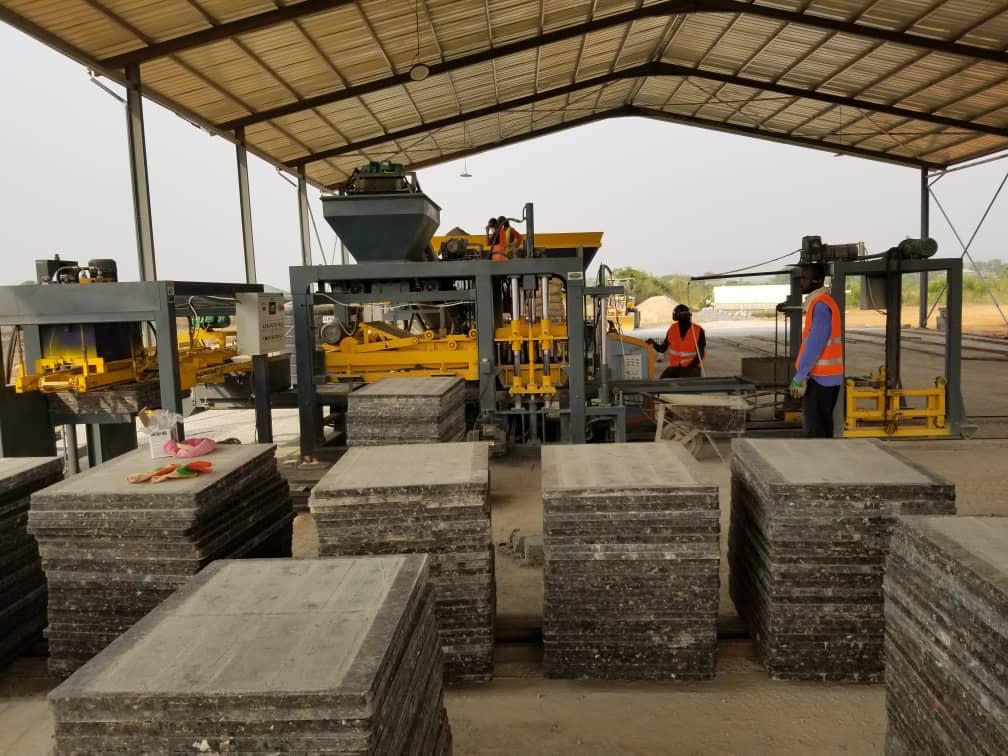
In even more brazen acts, some clients request inflated invoices. A buyer might purchase 20,000 blocks but demand a receipt for 40,000, pocketing the difference from their unsuspecting building owners.
The factory owner describes this not as shrewd negotiation, but as “plain stealing.”
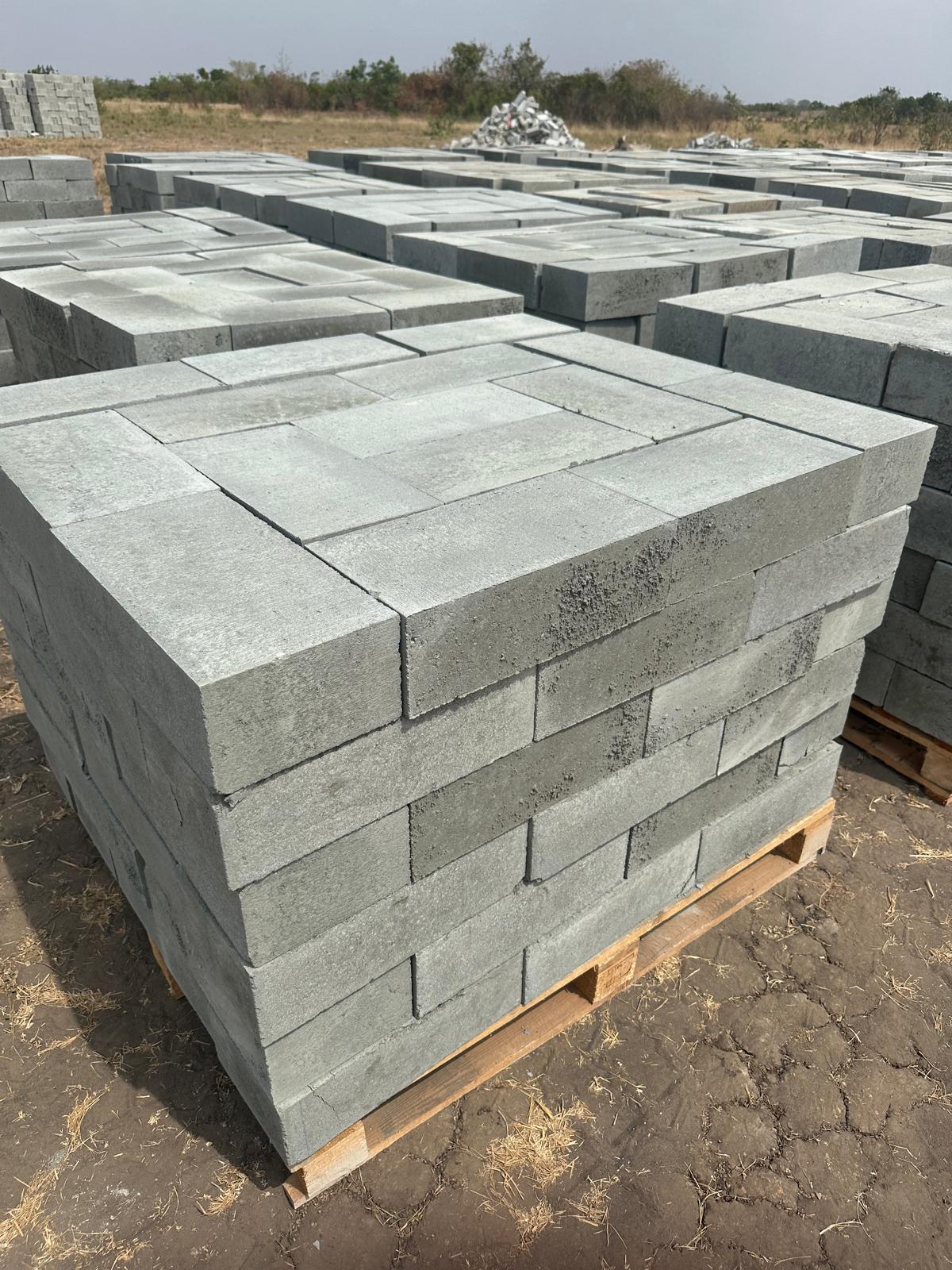
These unethical practices represent the most damaging business challenges in Ghana, as they directly rob businesses of their rightful income and can make corrupt middlemen more profit than the actual factory owner.
A Lone Stand for Integrity
Despite these immense pressures, the businessman has resolutely not yielded to the pressure to be dishonest. He notes that while the majority of his competitors are willing to cut these deceptive deals with buyers—a practice that ultimately disadvantages builders and property owners with inferior materials—he remains firm in his decisions.
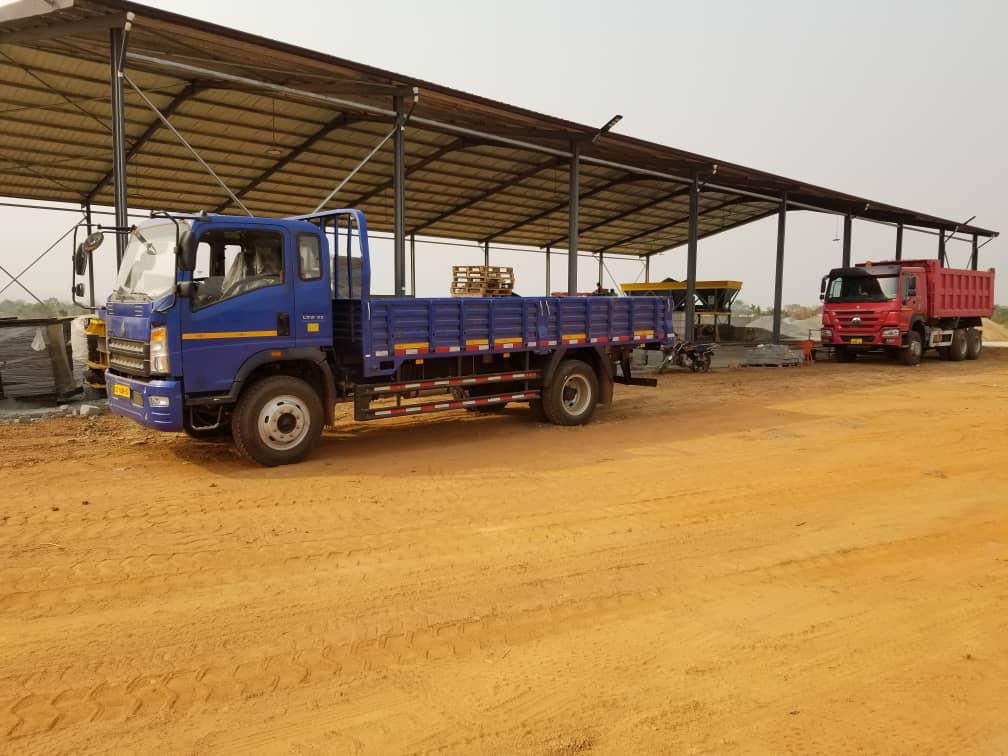
This unwavering commitment to integrity, however, comes at a high cost. His principled stance pushes a lot of customers away, as many are unwilling to engage with a business where they cannot cut corners or secure kickbacks.
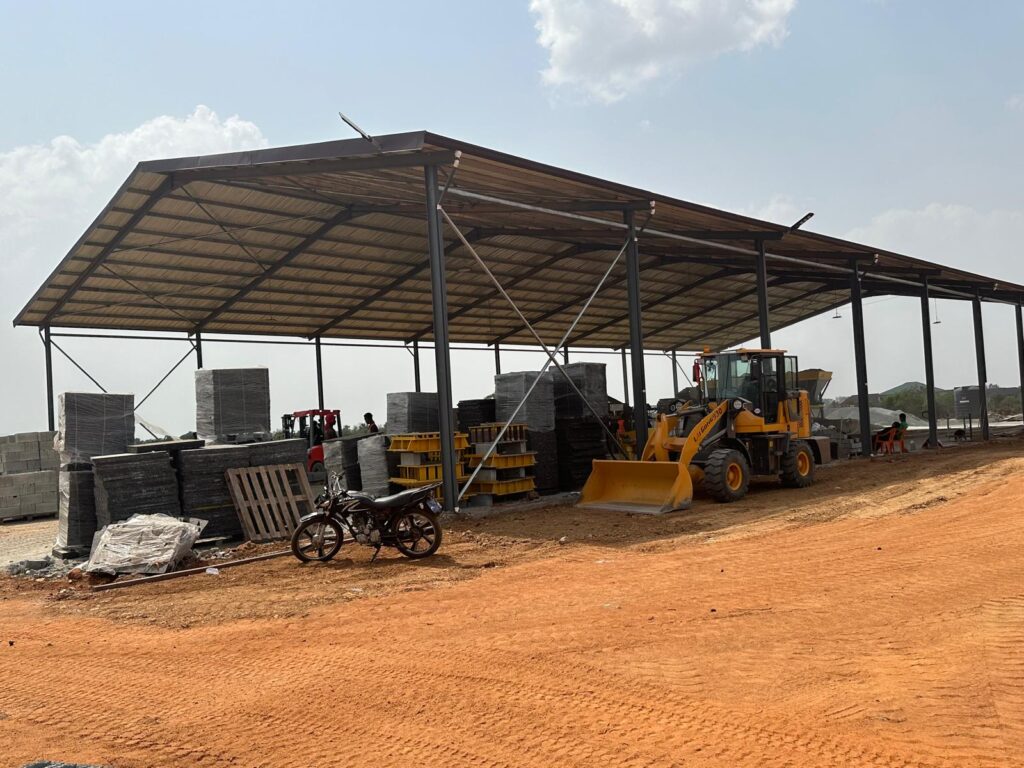
He is burnt on being honest and ensuring his quality blocks benefit the final builder, not the corrupt middleman.
This standoff highlights the painful reality that one of the most significant business challenges in Ghana is not just navigating corruption, but surviving the commercial isolation that can result from refusing to participate in it.

He states that for Ghana to fully harness its potential, supporting ethical entrepreneurs and transforming the business environment from an unpredictable gamble into a “predictable science” of fair play is not just important—it is essential for sustainable growth.
A Call for Change
This single story sheds light on the broader business challenges in Ghana that can hinder economic development.
It demonstrates how a culture of short-term personal gain can undermine long-term business sustainability, discourage ethical entrepreneurs like the diaspora, and compromise the quality of infrastructure.

For Ghana to fully harness its potential, transforming the business environment from an unpredictable gamble into a “predictable science” of fair play is not just important—it is essential for future growth.

